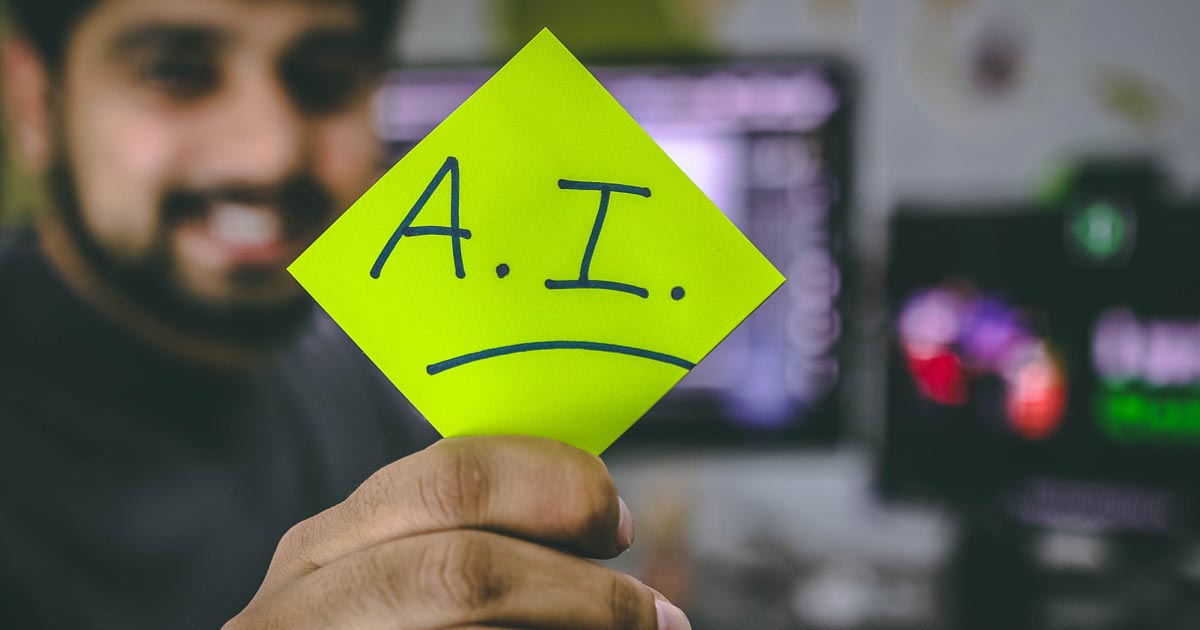In an audio interview with the industry service heise.de, TÜV Nord CEO Dirk Stenkamp not only warns against the use of artificial intelligence (AI) in safety-critical areas and the risks to our fundamental rights. Rather, the doctor of physics constructively explains how trust can be built in AI-based systems, how we should anchor ethical principles in them – and why care should already be taken with the training data for the algorithms to determine whether certain algorithms are suitable for the respective applications at all.

According to Dirk Stenkamp, care must always be taken to ensure that AI-based devices comply with ethical principles and are non-discriminatory. There are very “decision-making algorithms”, the expert clarifies in the half-hour podcast linked below. In the end, however, moderate decisions have to be made: “A central question will be: Do I, as a human being, feel safe and in good hands with my values?” We at //next have also dealt with the ethical implications of AI on several occasions (see links below).
 Dirk Stenkamp
Dirk Stenkamp
In the further course of the podcast, the expert also gives an overview of existing and upcoming testing procedures that take this requirement into account – and which are already standardised in part. “However, there is still no legal basis for how and by whom testing is to be carried out.” At the EU level, a white paper in February 2020 described that there should be EU-wide regulation. Currently, an “AI Act” is being discussed in the EU Parliament, prepared by the EU Commission. It would distinguish between different risk classes.
According to Dirk Stenkamp, in applications such as semi-autonomous driving or AI-based lane assistants, there are already certain regulations that precisely prescribe individual testing steps. EU law is already being applied here. Nevertheless, only the aforementioned European law would bring a binding legal structure, which the states would then have to transfer to their national systems.
Curious now? You can hear all this – as well as the reason why even the most intelligent system cannot make the general inspection of cars superfluous in the future – here in the podcast (in German only):
Text: Ingo Schenk
Ethics of algorithms - why an AI needs rules
Most popular